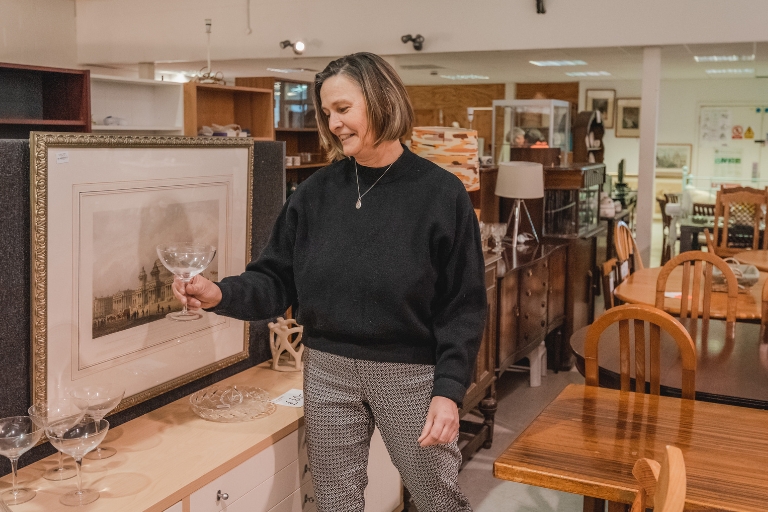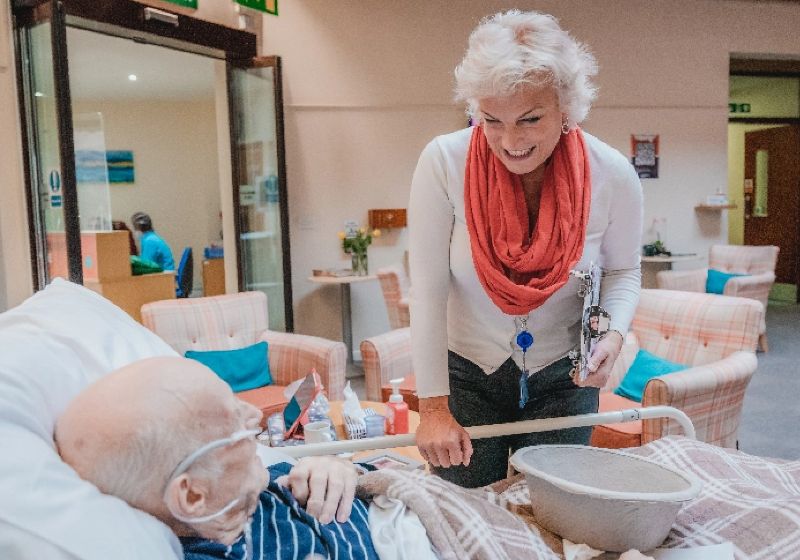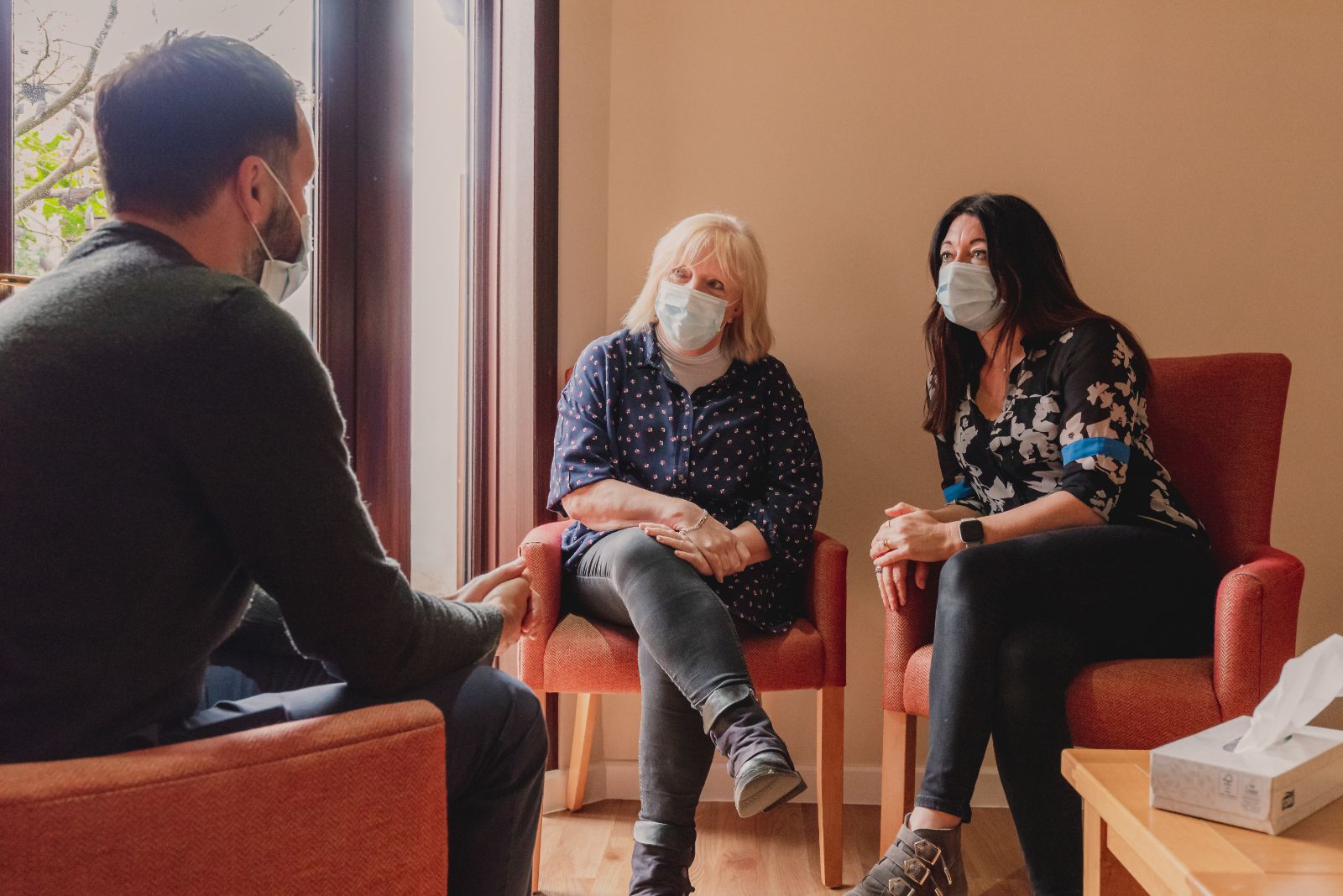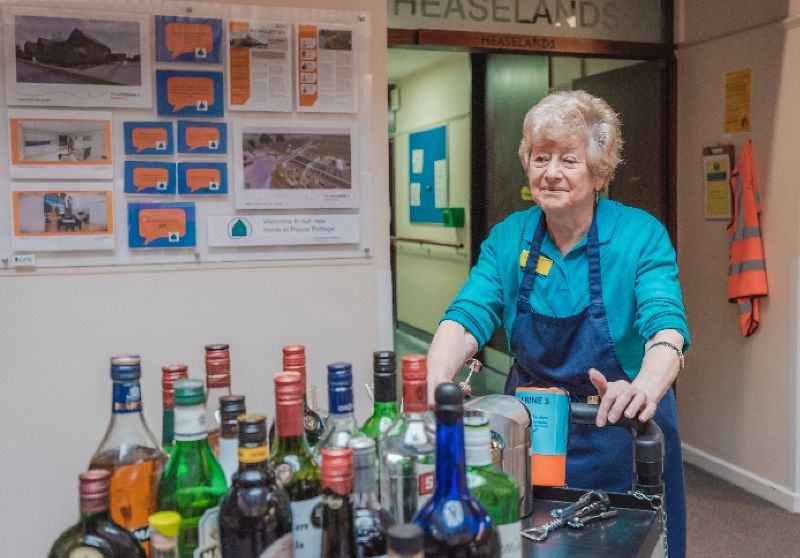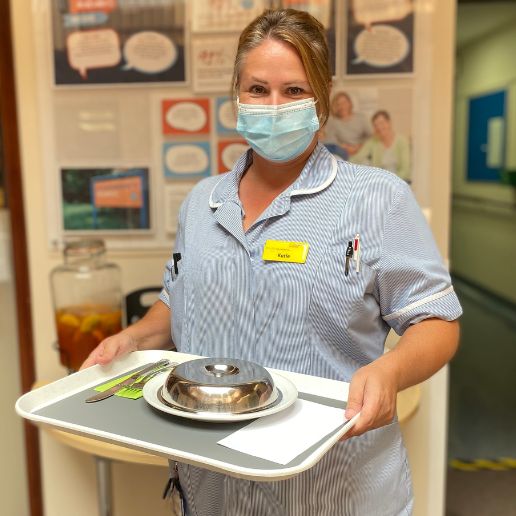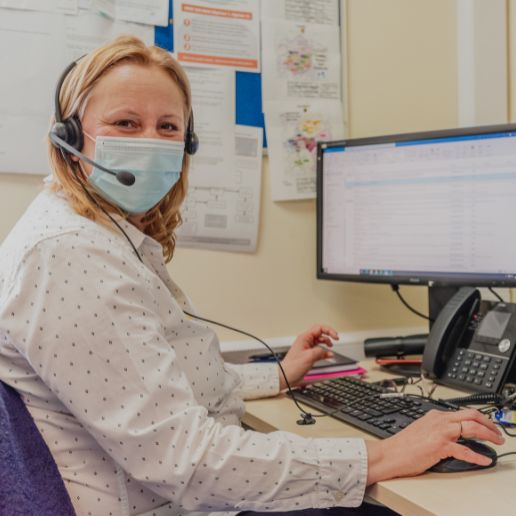If you work for an employer, you may be able to get sick pay. This could be:
Statutory Sick Pay (SSP): Money that most workers can get if they are off sick.
Company Sick Pay: Your employers own sick pay scheme, which may be more generous than SSP.
SSP can be paid for up to 28 weeks. When SSP ends, your employer will give you a form (SSP1) which gives information about claiming New Style Employment & Support Allowance (NSESA). NSESA is a benefit for people under state retirement age who cannot work due to an illness or disability.
You need to have paid (or been credited with) enough National Insurance contributions in the last two to three years. NSESA can also be claimed by those that are self-employed. Visit the government website for more information about to how to make a claim.
Universal Credit (UC) is a benefit for people under state retirement age who are:
Out of work, or on a low income
18 years old or over
Living in UK
Have less than £16,000 in savings
It replaces the following current benefits: Income Support, Income related ESA, Income related Job Seekers Allowance, Housing Benefit and Child and Working Tax Credits. For more information and to make a claim For more information and to make a claim visit the government website.
Personal Independence Payment (PIP)
PIP is a benefit for people who are 16 to state pension age, who have problems with mobility and/or looking after themselves.
Usually, you’ll have needed to have had these problems for three months and expect them to last for at least another nine months. However, for people who are terminally ill, with a prognosis of around 12 months or less, special rules apply. This means that you can be paid straightaway, the claim is fast-tracked, and the enhanced rates of PIP are usually paid.
For more information and to make a claim visit the government website.
Attendance Allowance (AA)
AA is a benefit for people over state pension age who have problems looking after themselves. Including activities like:
Getting in and out of bed
Dressing and undressing
Washing/bathing
Feeding yourself
Needing someone with you to ensure your safety
You’ll need to have had these problems for at least six months. However, for people who are terminally ill with a prognosis of around six months or less, special rules apply. This means that you can be paid straightaway, the claim is fast-tracked and the highest rate of AA paid.
For more information and to make a claim visit the government website.
Not all benefits are means-tested. The following benefits are not means-tested, meaning they can still be claimed and paid even if you have savings:
Personal Independence Payment
Attendance Allowance
New Style Employment and Support Allowance
Carers Allowance
Bereavement Support Payment
Visit the government website for more information about benefits. You can also read more about these benefits on our website.
Carer’s Allowance can be claimed by a person who:
Looks after someone who gets the daily living component of Personal Independence Payment or who gets Attendance Allowance (also someone who gets the care component of Disability Living Allowance).
Looks after them for at least 35 hours a week.
Can be working, but must be earning less than £139 a week (after certain deductions)
Is not in receipt of another benefit or state pension. However, if you are in receipt of a means-tested benefit (such as Pension Credit) it may be worth claiming Carer’s Allowance, in order to get the carer premium added to the benefit.
For more information and to make a claim visit the government website.
If not eligible for Carers Allowance you may be entitled to Carers Credit, if you’re caring for someone for at least 20 hours a week. Carers Credit is a National Insurance (NI) credit that helps with gaps in your NI record. Contact the Carers Allowance Unit on 0800 731 0297 for more information.
Bereavement Support Payment is a payment for someone whose husband, wife or civil partner died on or after 6 April 2017.
You have to be under state pension age to qualify. For more information and to make a claim visit the government website.
If you are over state pension age you may be able to claim Housing Benefit helps with your rent. You can claim whether you live in a Council or Housing Association property, or privately rented housing. It is means-tested. The amount you get will depend on:
Where you live
How many people live with you
Savings and income
Number of bedrooms
Housing Benefit has been replaced by Universal Credit for those of working age. Visit the government website for an overview of Housing Benefit.
Council Tax Reduction helps with the cost of Council Tax if you are on a low income. Each Council has its own scheme, so for more information contact your local council.
If you are unable to manage to pay your mortgage, the first step is to contact your lender, they may be able to discuss options with you. If you are unable to meet repayments, you could contact these charities for free advice:
If you are claiming a means-tested benefit, such as income-related Employment and Support Allowance, Universal Credit or Pension Credit, you may be able to claim Support for Mortgage Interest (SMI)
SMI is a loan which you have to repay, with interest, when you sell your home. It is normally paid direct to your lender. Visit the government website for more information .
Some are, and some aren’t
The mains ones that are not affected:
State Pensions
Bereavement Support Payment
Statutory Sick Pay
The ones that are affected include:
AA: Your Attendance Allowance will stop after you’ve been in hospital for 28 days (4 weeks). You’ll be paid again from the day that you leave hospital It’s best to keep the DWP informed of any dates when you go in and out of hospital or residential care.
Personal Independence Payment If you’re in hospital for more than 28 days, the DWP will usually pause your PIP claim and stop paying you. If you’re in a care home for more than 28 days, the DWP will usually stop paying you the ‘daily living component’ of PIP unless you’re paying for your stay privately. It’s best to keep the DWP informed of any dates when you go in and out of hospital or residential care.
Carers Allowance stops after 12 weeks. However, i the person you are looking after goes into hospital, Carers Allowance stops when their Attendance Allowance/Personal Independence Payment (daily living component) stop.
Employment and Support Allowance premiums cease to be paid when the Personal Independence Payment daily living component stops after 4 weeks. Other premiums also become non-payable once 52 weeks in hospital is reached.
Housing Benefit can be paid for up to 52 weeks but certain premiums are affected sooner than this.
Pension Credit is paid indefinitely, but certain premiums will become not payable.
Universal Credit is not affected, however is affected by partner’s or child’s admission to hospital for longer than 6 months.
Visit the Disability Rights UK website for more information.
State benefits are not usually affected by admission to St Catherine’s as your stay is not wholly funded by the NHS.
Has the deceased person got a pre-paid funeral plan, or set money aside specifically to pay for this event?
Money can be released from the deceased’s bank account to pay the funeral costs.
A Funeral Payment from the state can be claimed, depending if the deceased left any money and also depending on the financial circumstances of the person responsible for arranging the funeral.
Sometimes it is possible to pay the Funeral Director’s costs in instalments. Some Funeral Directors offer a simple service on their premises to avoid the cost of a service at the crematorium.
Visit Quaker Social Action’s website for information on practical support for funeral costs.
Prescriptions are free for people with cancer. There are also exclusions for other health conditions such as:
A permanent fistula
Hypoadrenalism
Certain diabetic conditions
Epilepsy
The cost of travelling to an NHS hospital for treatment can be refunded if you are on a low income or in receipt of certain means-tested benefits. Usually the refund is claimed at the hospital, but you will need to provide proof that you get the qualifying benefit.
Visit the NHS website for more information.
Having a serious illness can bring unexpected expenses, such as travel costs or bigger heating bills. Your earnings might have reduced too. It would be worth contacting your creditors (the organisations you owe money to) to explain your situation and help them understand why you are in debt or struggling to meet your payments.
If you have a terminal illness, your creditors may agree to putting a hold on your account for a term and then reassessing.
There are many excellent organisations offering debt advice:
National Debtline – 0808 808 4000
Step Change – 0800 138 1111
Money Advice Service – 0800 138 1677
Debts in the deceased’s name only (i.e. loans and credit cards) can be recovered from the deceased’s estate (money, property and belongings).
If there is no estate, then the debt does not have to be repaid. The next of kin is not responsible for repaying the debt.
Debts (i.e. loans) taken out jointly with someone else are not cancelled and the joint borrower will need to take over the full repayment.
Visit the Step Change website for more information.
A blue badge allows you to park in parking spaces that are closer to the entrances to shops, hospitals etc. if you have problems with mobility.
It’s not always free, so check the car park signage.
Visit the government website or contact your local council.
There are fast-track schemes for those people who have a terminal illness and a likely prognosis of six months or less. As a patient under the care of St Catherine’s Hospice we can support you to apply for a Blue Badge under the fast-track scheme. For more information contact our Welfare Advisor on 01293 447333 .
A will decides what happens to your estate (property, money, and possessions) after your death.
It also appoints a person(s) to manage your affairs after you die, known as executors. A will can be made if you are 18 or over and have the mental capacity to understand what you are doing.
Your will needs to be formally witnessed and signed to make it legally valid.
A simple will (DIY will) can be made using a will-pack that can be obtained from stationers, or online.
Some people can get a will written through their trade union or car/home insurance legal cover.
Check the Law Society website for the nearest solicitor to you that offers a will writing service. For local will-writing services , make sure you check they belong to either The Society of Will Writers or The Institute of Professional Will Writers.
You may want to consider St Catherine’s online will making service. Information can be found on the Bequeathed website.
If your affairs are not straightforward, i.e. you share a property with someone who isn’t your husband, wife, or civil partner, or you have several family members who may make a claim on your estate, you should always seek professional advice.


